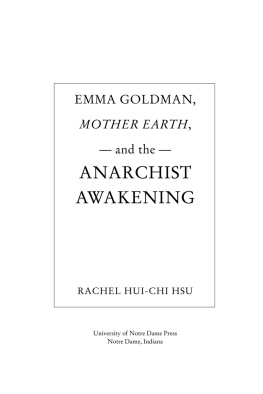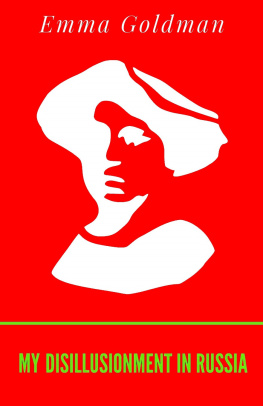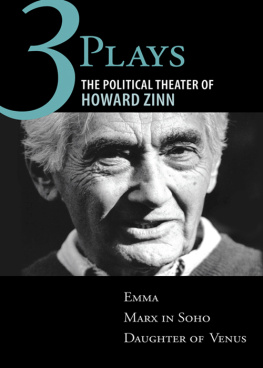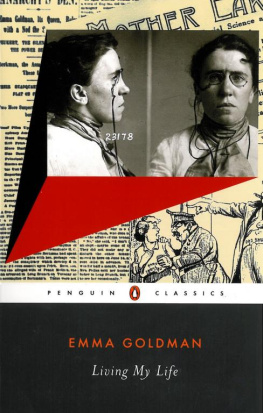Copyright 2021 by the University of Notre Dame
Notre Dame, Indiana 46556
All Rights Reserved
Published in the United States of America
Library of Congress Control Number: 2020950367
ISBN: 978-0-268-20029-9 (Hardback)
ISBN: 978-0-268-20031-2 (WebPDF)
ISBN: 978-0-268-20028-2 (Epub)
This e-Book was converted from the original source file by a third-party vendor. Readers who notice any formatting, textual, or readability issues are encouraged to contact the publisher at
ACKNOWLEDGMENTS
I consider myself fortunate to have had the opportunity to write and publish this work, my first in the English language. My life took an important turn in 2010 as I paused my teaching career in Taiwan to study again at Johns Hopkins University. What I learned there resulted in the completion of my dissertation, from which this book is revised and expanded. Over the years, I have accumulated many debts of gratitude to numerous people without whom this book would have been impossible. My advisers, Judith Walkowitz and Ron Walters, to whom I owe the deepest appreciation, were the dream team that one could only hope for. I learned tremendously from their thoughts, their words, and their deeds as people, scholars, and mentors. Mary Ryan, Mary Fissell, and Toby Ditz contributed greatly to the conception, presentation, and revision of my dissertation chapters. My sincere thanks also go to Tobie Meyer-Fong, who enlightened me with her expertise in modern Chinese history, offered me efficient editorial guidance, and showered me with moral support.
During my six years at Johns Hopkins, many colleagues helped me in various ways. I particularly thank Jessica Clark, Ren Pepitone, David Schley, Jessica Valdez, Elizabeth Imber, Emily Mokros, Tara Tran, and Lauren MacDonald for their generous assistance in editing and commenting on my chapters while they were busy with their own work. Members of the Gender History Workshop, such as Katie Hindmarch-Watson, Adam Bisno, Katherine Boyce-Jacino, Jessica Walker, Jessica Keene, Mo Speller, Morgan Shahan, Catherine Hinchliff, Emily Margolis, Meredith Gaffield, and Amira Rose Davis, among others, gave me constructive comments and useful suggestions on several chapters of my dissertation at different stages. Paige Glotzer and Joseph Clark provided me with timely information and assistance both in life and in research. Lunches with my good friend Katherine Bonil Gmez were joyful moments. Megan Zeller, graduate admissions coordinator, and Rachel La Bozetta, administrative assistant, were wonderfully helpful and responsive to my questions. A travel research grant from the Program for the Study of Women, Gender, and Sexuality and the dissertation write-up fellowship from the Department of History at Johns Hopkins both importantly facilitated my research.
Beyond Johns Hopkins, Barry Pateman stands out as the intellectual source from whom I have benefited immensely. Since our first meeting in the summer of 2012 when I conducted my research at the Emma Goldman Archive, Barry has fully demonstrated his anarchistic comradeship in opening his Kate Sharpley Library to me and answering a stream of research questions. His encyclopedic knowledge about anarchist and labor movements, his insights on and corrections of my revised manuscript at different stages, his generous help with translated materials, and his encouragement have been invaluable. I also thank Barrys wife, Jessica Moran, and Candace Falk at the Emma Goldman Archive, who kindly assisted with my research, and Douglas Haynes and Paola Zamperini, who always readily lent their help. At the last stage of writing the manuscript, I was fortunate to have important, constructive comments from such anarchism experts as Kathy Ferguson, Tom Goyens, and Cynthia Wright. I also appreciate the assistance from Anna Elena Torres and Julie Herrada, whom I met at A Celebration of Emma Goldman at 150 held by the University of Michigan Librarys Labadie Collection. Among the great team at the University of Notre Dame Press, I particularly want to thank Eli Bortz, editor in chief, for his belief in my work, and Sheila Berg, for her excellent copyediting help.
Friends across national borders have lifted me up with their unfailing support as I pursued my second history PhD in the United States. Margaret Tillman has offered me not only her professional advice on my chapters and my English writing but also her warm advice and generous help, for which I am deeply grateful. During the past few years, the monthly FaceTiming with my close friend Huang Xuelei has importantly boosted my morale and inspired the framework of my book. Back in Taiwan, I owe my profound gratitude to Lu Fang-Shang and Yu Chien-ming, who displayed their unwavering confidence in and genuine care for me. My senior colleagues at National Chengchi University, Liu Long-hsin, Chen Chin-ching, Chen Hong-tu, and Wang Liang-qing, have been my role models as brilliant scholars and teachers. Good friends Wu Pei-ling, Juan Mei-hui, Chen Jen-heng, Wang Cheng-wen, Wang Wen-siou, Zhang Wei-yu, Yi Jolan, Zheng Yi-ting, and Lien Ling-ling have energized me at our annual reunions over the past decade. In particular, I want to thank my close friend, also a brilliant art educator, Wang Li-yan, who responded to my reflections in life and thoughts on research with wisdom.
My most heartfelt gratitude goes to my dearest family, my father, Hsu Jin-shui; my mother, Gao Yu-ching; and my older sister, Hsu Hue-hua. Their unreserved support for my further studies in the United States has been vital. I am deeply indebted to them for their unconditional love. Very regrettably, my father passed away on May 19, 2020, before this book is published. I dedicate this book to him, as a token of my endless gratitude.
Life with my husband, Alistair John Price, has grown in tandem with my studies at Johns Hopkins and the completion of this book. Since our first date in September 2010, he has accompanied me every step of the way, celebrated with me after I achieved my goals one after another, traveled with me to various cities and countries for research, conferences, and family reunions, provided me with a safe, comfortable, and quiet environment to read and write, and embraced me with his devotion. Laughing and living with him brings me the precious moments of true, simple happiness that I have longed for.
INTRODUCTION
An Anarchist Awakening Revealed
There is no boundary of land or time to the resistance of the human mind to coercion; it is world-wide.
Emma Goldman, The Social Significance of Modern Drama
This book is a study of why, where, and how anarchism as a radical mode of living developed in Progressive America and beyond. The anarchist English-language monthly Mother Earth (190617), the focus of this book, epitomized the innovation, strengths, and limits of anarchist propaganda in inspiring self-expression and social change. Propaganda, for these anarchists, meant spreading their beliefs by manifesting their cause in a way to which people could respond. Alexander Berkman, the magazines primary editor, advocated labor solidarity across ethnic and national boundaries. Ben Reitman, business manager of Mother Earth, pushed its production in a commercial style to maximize its radical effect. Other core members, consisting of multinational immigrants and native-born radicals, helped promote a spectrum of antiauthoritarian agendas. Together, they made Mother Earth the nexus of a hybrid counterculture, surpassing the immediate anarchist movement and making anarchism widely accessible.








